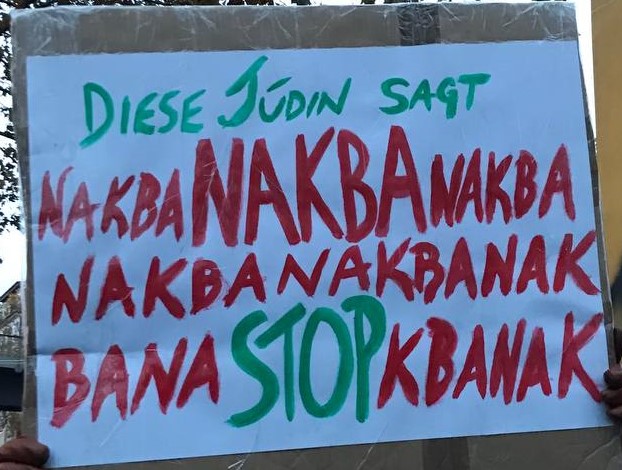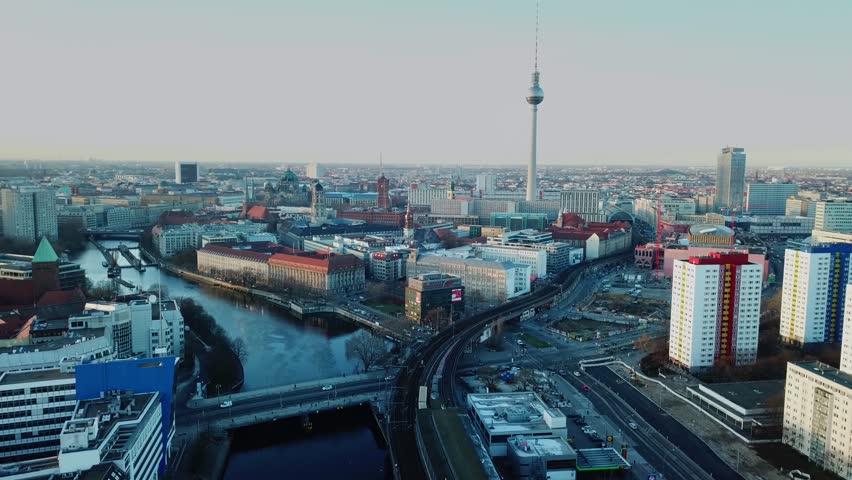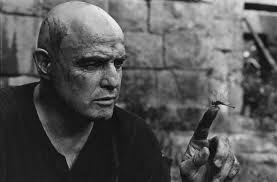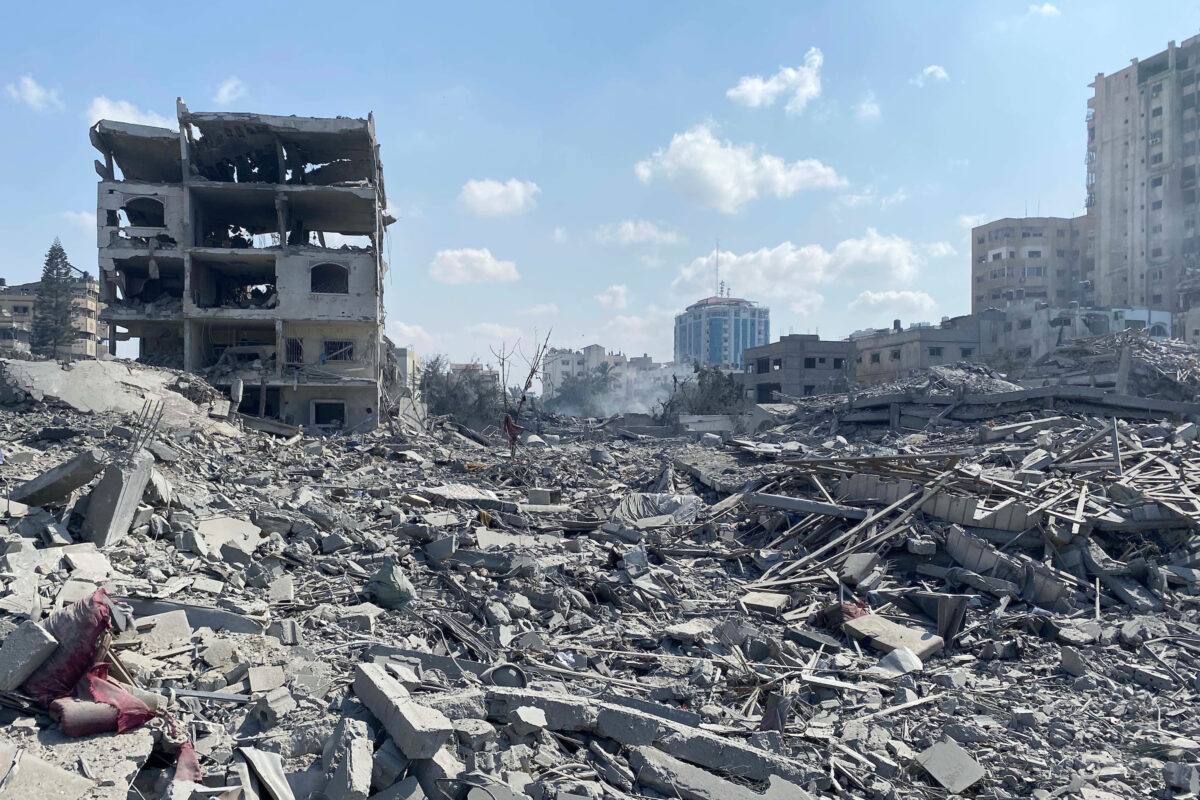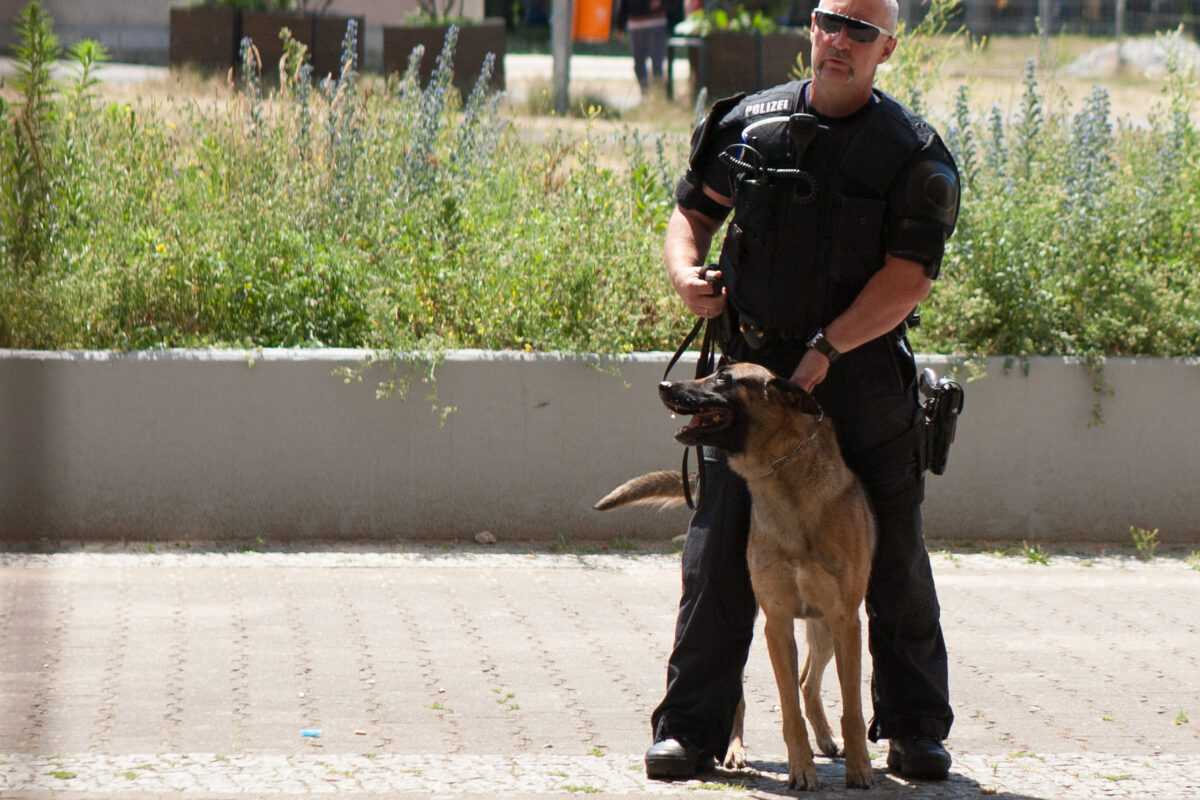I am here because of these posters. I have carried them these last weeks at demonstrations. But I have also carried them for years at demonstrations. At a recent demonstration I was approached to be her today because of these posters. Afterwards, if you want, you can take a look at the posters. Today, I have added the voices of children in Gaza to the posters.
***
It is difficult in these times, to know where to begin. Where to turn.
For this moment, I want to turn to children. To generations. And to rivers.
***
I begin.
[nigun sung]
“Where life is precious, life is precious.” The words of Ruth Wilson Gilmore, African American abolitionist scholar and activist.
***
Eyes are for looking and seeing sun
Tongues are for greeting and saying fun
Legs are for walking slowly and also run
Hands are for shaking with friends not for shooting gun
written by Fatema Saidam, age 9. Killed in the rubble of Gaza.
And the child asked: Where do the sounds go,
when we don’t hear them anymore?
***
10,000 and more lives slaughtered; 4,000 , 5,000 and more of these lives, the lives of children.
The voice of Sarah al-Saadi, 14 years-old, in Gaza a few days ago: “This is not a war. This is the extermination of children.” I do not know if she is still alive.
The voice of Khalida Zakaria, 45 years-old in Gaza a few days ago: “This is a war against children. I cried so hard when I saw children writing their names on their hands and feet. Some of them asked me, ‘Does this mean we are going to die?’ I told them, ‘No, this is just a game.’ “
In wars of extermination, children are primary game.
To kill the children , is to kill the future. This is, horribly, an ancient genocidal strategy across times and spaces. It continues to our day. Across generations.
***
I always dream of a life clear as
the serenity of the sky,
And a heart beating with love & optimism …
Why our smiles do not bloom like the flowers?
Let us fly freely as those butterflies …
satisfied, colourful and flapping sky-high ,
away from worries, anxieties, and sorrows.
written by Obada Mohammad Abu Oda, aged 14, killed in the rubble of Gaza.
And the child asked: Where do the sounds go,
when we don’t hear them anymore?
***
There are different ways to kill the children.
Kill their bodies, kill their breath, their voices.
Kill their life-line to the breath, the voices, of those who brought them to life, made their life possible, today and all the yesterdays.
Maim, mutilate their souls in ongoing trauma, in ongoing catastrophe of being, in ongoing exile from freedom and peace.
Generations.
***
“I saw many videos of children who were torn to pieces. Nobody knew who they were. I saw pictures of children writing their names on their hands. That’s why I sat in the schoolyard and wrote my name on my hands and feet. Other children came around and I wrote their names for them. I felt sad, but this is life in Gaza.”
The words a few days ago of Reem Salama, 10 years-old. Is she still alive?
***
” … language has deserted me.”
Adania Shibli last week
As we know, there are many words we are not allowed to speak today. But, as we also know, this is not about what is not allowed. It is about what is allowed. Or more specifically, about what is authorized. How institutionalized denial and criminalization are one, creating meanings and authorizing systems of being, and beings themselves.
This author-ing has a very long and very deep history. With deeply embodied consequences across times and spaces. For generations upon generations.
In fact, one could say, it is all about generations.
I turn to generations. And listen.
In the mid-16th century there was a public debate in Spain between conquistadores and missionaries. The question they debated was: Do natives have a soul or are they natural born slaves? If they have a soul, then we have the Christian duty to save and educate them – in the interest of god, king and church. If they do not have a soul, then we can treat them any way we see fit in the interest of gold, king and church — enslave them, violate them, exterminate them.
The question was not “Do we conquer?” but rather: “How do we conquer?” The debate over defintions was a debate about how to authorize the conquest of the lands and their indigenous peoples. Are we mighty warriors or civilizing saviours? Are they brutish animals or lost souls? One way or the other, we define the embodied geography of being.
Language and its deployments are no sideline of genocide and occupation. Language and its deployment authorize genocide and occupation in their varied forms.
Language generates.
Even, especially, as it bans and criminalizes.
***
I turn again to generations. And listen.
In January 1996 there was an arson attack on a refugee hostel in Lübeck. Ten people were killed, 5 of them children. 38 were wounded. 4 young white German men were found near the burnt house with singed eyelashes, connections to neo-Nazi groups and had no alibis. But it was Safwan Eid, a 20-year-old man from Lebanon who had stayed on the roof of the burning house to help save others, who was almost immediately arrested and charged as the culpable criminal. The sole so-called evidence used against him: a first-aid worker claimed that Safwan Eid had said to him on the way to the hospital : “Wir war’n es” – ‘We did it / It was us.’
Within hours, across all media, across all public discourse, Safwan Eid became the embodiment of the ‘criminal, primitive, barbaric alien collective’ endangering the German ‘Volkskörper’ .
He faced 2 trials over the span of 3 years, and although there was never any evidence against him, he was never declared innocent. He was acquitted 2 times for ‘lack of evidence’. And thus remained branded a permanent suspect.
What remained was ‘Wir war’n es / It was us.’ The criminal, barbarian, alien collective – by definition , a permanent danger to civilization. A permanent suspect.
And what also remained : 10 dead, 5 dead children. And murderers left free to live as innocents.
This was 1996 in the new Germany. And it was a turning point.
I turn, again, to generations. And listen.
***
In the 80’s in the context of Glasnost and Perestroika, as it became clear that the US and the West had ‘won the Cold War’, the FRG started positioning itself to finally become a full member of the US-European axis of power. There was a surge of re-defining ‘ Germany’ and the German ‘Volk.
A surge of re-authorizing and generating ‘Germany.’
On the one hand, this articulated itself in a distancing from Nazi generations. Not as a rebellious youth as in the 60’s, but rather in the language of ‘adult responsibility’ and the ‘true German soul,’ — now finally able, again, to proudly take its rightful place at the adult table of the Civilized. In the language of Christian atonement: The re-newed Germany had paid its penance, was now mature, cleansed, born again. The atoned protector was born again from the ashes of jewish corpses. (No other corpses were or are relevant to German generations )
On the other hand, this re-birth articulated itself as the liberation of the Volk, repressed and shackled for far too long in guilt long beyond its expiration date.
These re-authorizings of the ‘new Germany’ generated an explosion of racist violence.
The early 90’s were filled with people being burned alive, beaten, tortured, terrorized and killed in a variety of ways. Hoyeswerda, Rostock, Mölln, Solingen, Lübeck … Always authorized in terms of the alien criminal , the primitive, the animal barbarian endangering the borders and safety of the German Volkskörper. And , parallel to this, was the massive overhaul and intensification of the repressive border regime and the emergence of Fortress Europe – deployed in the language of protecting the Volkskörper, protecting Civilization from dangerous invasions.
Whether Christian atonement & adult responsibility or breaking free from expired shackles of guilt, one way or the other, this re-newed Germany was – and is — authorized in the soil of jewish ashes and generations of Civilization.
The Lübeck arson attack, murders and judicial & discursive lynching of Safwan Eid was a turning point: it renewed, reauthorized and normalized a deeply rooted discourse. We hear Lübeck today – we hear Hoyeswerda, Rostock, Mölln, Solingen, Hanau, NSU today — from Sonnenalle to Staatsräson, from BDS legislation to deportations to Palestine.
From every banned river flowing to every banned sea.
***
Vincent Harding, the African American scholar, political activist and nurturer of the beloved community, spoke of the ‘river’ of African American voices and histories over centuries and generations . In his famous 1981 book There is River: The Black Struggle for Freedom in America, he speaks of “the soul of the river, of its people, the living and the dead, the many thousands gone … the spirit of a community in hard and costly movement toward freedom. “
This river, this struggle for freedom, he calls the ‘beloved community.’
” [The river is] … at its heart a profoundly human quest for transformation, a constantly evolving movement toward personal integrity and toward new social structures filled with justice, equity, and compassion. … [The] river moves toward a freedom that liberates the whole person and humanizes the entire society … [This] is the magnificent opening toward which the river has been moving,
the great ocean of humanity’s best hope that it has always held and nurtured at the center of its own bursting life.”
***
“Where life is precious, life is precious. “
Fatema, Obada, Reem, Haya, Sarah, and all the generations …. these are voices of the river,
and they will flow,
and they will flow …
and they are the flow ….
[nigun sung]
***
References
The poems by Fatema Saidam and Obada Mohammad Abu Oda are on the website of the Hands Up Project https://www.handsupproject.org/. HUP is an educational project working with teachers and young people in Gaza. It is now doing podcasts of the voices of children and teachers they have worked with: some no longer alive, some sending messages from the rubble.
The words of Sarah al-Saadi, Khalida Zakaria and Reem Salama are quoted in, Does Israel want to exterminate Gaza’s children?, Ruwaida Amer, The Electronic Intifada , 13. November 2023 ()
Adania Shibli, quoted in : “In the last four weeks language has deserted me’: Adania Shibli on being shut down,” John Freeman , The Guardian
Ruth Wilson Gilmore, “where life is preciosu, life is precious,” see for example the short film, “Geographies of Racial Capitalism”
